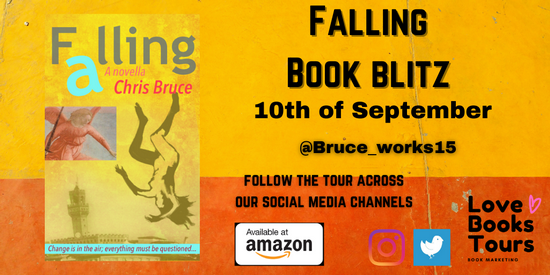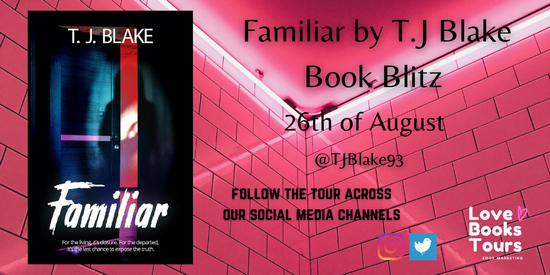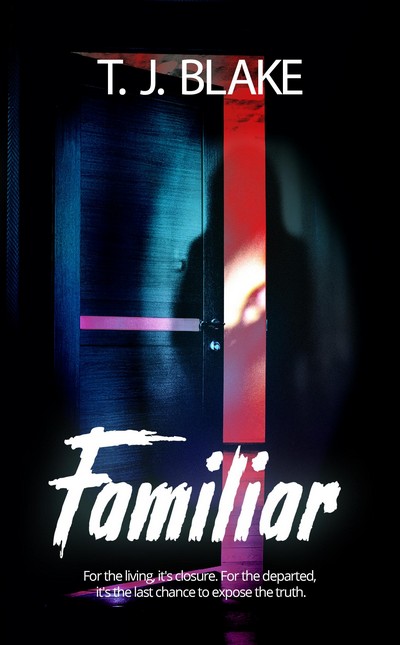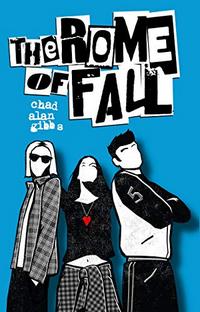
I’ve struggled with this one for days now and was tempted to say something like, “It’s a Tiffany McDaniel book. This means the writing is gorgeous, the subject will provoke you, you will be moved. And did I mention it’s wonderfully written?” But I knew I couldn’t post that…it doesn’t actually tell you anything about this book (“Tiffany McDaniel” and “gorgeous writing” is essentially a tautology) and since when do I express myself in twenty-seven words?
Who’s Betty About?
Yeah, I normally ask what a book is about, but the what is so unimportant in this book a reader could be excused for not remembering. You won’t forget the who anytime soon. The who is what matters.
It’s about a young, poor family’s struggles between 1939 and 1973—with a focus on 1961-73 (when Betty was 7-19) when the family settles in Appalachian Ohio (and largely stays there). The father is of Cherokee descent (Tsa-la-gi. A-vn-da-di-s-di), the mother is white—and you can imagine how easy life was for them and their children in that time (harder for Betty who takes more after her Cherokee lineage, while her siblings favor their mother). While none of the children has an easy life, there’s a greater degree of difficulty of Betty.
I could spend a good deal of time talking about various family members, but I’m going to focus on two of them.
Landon Carpenter (a.k.a. “Dad”)
When Landon Carpenter met Alka Lark, he was working as a gravedigger, he later worked at a clothespin factory—and then several other jobs, including a stint in a coal mine (which left him with a permanent limp due to a beating given by racists), while the family moved from state to state. When they settled in Breathed, Ohio*, he became known for selling moonshine, herbal remedies (based on “Cherokee wisdom” that was essentially what he happened to make up on the spot), and hand-crafting furniture.
* A fictional city that also served as the setting for The Summer that Melted Everything—one of several nods to that work included here.
But really, what he does with his time is father his children and try to take care of his wife. They don’t all appreciate it, or understand what he’s doing, but they’re (largely) devoted anyway. He will be frequently found passing on a bit of received knowledge through myths or parable form. He wasn’t ready to be a father when he became one and two decades later, he still wasn’t entirely ready when Betty arrived (or her younger siblings, either), but he rises to the occasion as best as he can. I don’t get the picture that he’s the easiest guy to get to know or get along with for prolonged periods. But for those who do get to know him, he’s clearly a loyal and supportive friend.
Betty (a.k.a. “Little Indian”)
Either as a quirk of personality or because she’s physically closer to her Cherokee heritage (likely a combination), Betty embraces the cultural lessons her father passes down more readily than her siblings do—and always wants more. She’s naive, inquisitive, and somehow despite everything she witnesses innocent and optimistic (not precisely, but that’s the best word I can come up with). Life hands her horrible experience after horrible experience, and while momentarily cowed, she comes back, wiser, but still innocent. Toward the end of the book, she has a couple of experiences (one thing she’s told about, one thing she witnesses) that drive her to the breaking point—but even then she holds on for a little longer.
She’s our Point of View character and doesn’t understand everything that’s going on around her for most of the book—things really kick off when she’s seven, after all. So we see a lot of the book through unreliable eyes, but very reliable emotions and reactions. From the latter, we can get a good understanding of what’s going on, better than she can.
The Magic (for lack of a better word)
In McDaniel’s The Summer that Melted Everything, many things happen that may be supernatural or magical in origin, there’s a semi-magical realism feel to it. That’s not the case here. Nor is the source of the “magic” in this novel one mysterious stranger.
The power that keeps Dad and Betty—and the rest of the family—going comes from story. Dad’s constantly telling stories to his children, Betty in particular—and, we learn, he even tells stories to his friends (I don’t think Landon’s wife has much patience for many such stories, as much as she needs them). Betty typically doesn’t tell her stories to anyone, but she writes them down, filling notebooks with them. Some she keeps, some she buries (to preserve or to hid), some she gives away. By their use of story—sometimes use of words—Dad and betty keep themselves, and those around them, going. They inspire, encourage, and teach with them.
A story that Betty’s mother tells her is arguably the most powerful story in the novel—and it explains more of the novel than anything else. Her story, is wholly true, and wholly heartbreaking, but even that comes down to the power of storytelling.
Drawbacks to the book
I don’t really want to label these as problems with the book, but there are a few things that keep me from being as enthusiastic about Betty as I was for The Summer that Melted Everything (which I am enthusiastic about to this day). I basically proselytized readers over that book, I won’t go that overboard for this.
The first is that it took me far longer than it should have to get what McDaniel was trying to accomplish, I kept waiting for a plot to emerge, and there’s never much of one by design. Instead, as I indicated above, this is about the characters. Growing, developing, faltering, stumbling, and retreating. It’s about how they react to the events (or non-events) in their lives that matters, now the events themselves. It’s entirely possible that this is all me and not the text. But I don’t think that’s the case (or I wouldn’t have gone on about it).
Secondly, the non-Carpenter characters. With two notable exceptions (the town Doctor who comes running when they call; and a friend of Landon’s who rents them the house they settle in. But the rest of the people (almost without exception), are simply horrible. Some of the Carpenters are okay, and most of them demonstrate growth (at least). But everyone else is horrible, blatantly so…so many people in authority of varying degrees are just horrible, spiteful, evil people. And it’s just hard to read that. I firmly believe in man’s inhumanity to man, but it’s usually tempered, at least on the surface/occasionally, with something positive. We aren’t given anything to look to and say, “Hey, there’s someone decent”, or “There’s someone doing something decent. Spiteful, racist, ignorant, misogynous, capricious, and evil. Those are the words that come to mind as I think about the non-Carpenter characters, and it’s just hard to read them.
So, what did I think about Betty?
I started off liking it, and that feeling slowly grew. There weren’t many moments that wow’ed me, but there were a handful that broke my heart. I sincerely want another 50 pages of the Dad’s odd little myths (some of which, I’m pretty sure contradict themselves, which Betty sees and rolls with). I wanted to help Betty through her challenges, to at least shoulder some of her burden with her.
And did I mention the prose is fantastic?
That said, I don’t think I connected with the characters (particularly those who aren’t Dad or Betty) the way McDaniel wanted me to. I don’t think there’s enough going on to urge people to read this, but I will recommend it strongly. That said, I think I will be in the minority with this book and most readers won’t understand my hesitation to rave over this. I do recommend this book, I do plan on re-reading it in a year or two, and I will be first in line for McDaniel’s next book.
Disclaimer: I received this eARC from Knopf Doubleday Publishing Group via NetGalley in exchange for this post—thanks to both for this. I also want to thank McDaniel for approaching me to let me know it was available for request. None of the above kept me from giving my honest opinion.


This post contains an affiliate link. If you purchase from it, I will get a small commission at no additional cost to you. As always, opinions are my own.


 The next day, Tom tries several times to see Mrs. Fitzgerald but gets nowhere. Fed up, he goes back to the Inn he’s staying at (a place Mr. Allworthy stayed at when in London). He hears an altercation and comes to intervene.
The next day, Tom tries several times to see Mrs. Fitzgerald but gets nowhere. Fed up, he goes back to the Inn he’s staying at (a place Mr. Allworthy stayed at when in London). He hears an altercation and comes to intervene.![]()














